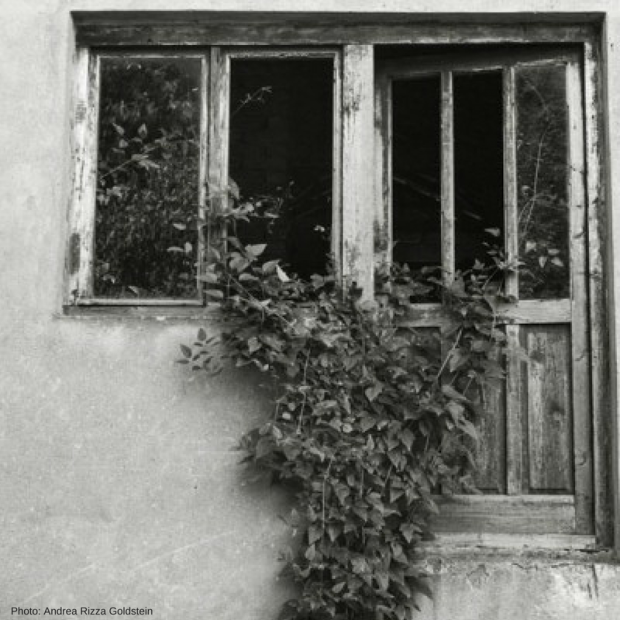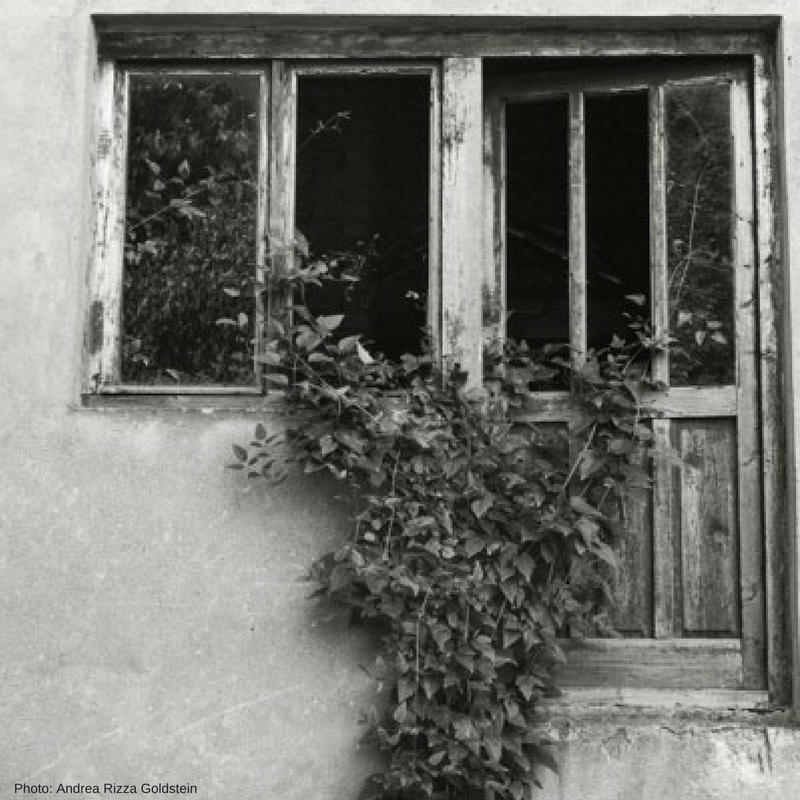”Sima’s Chetniks“ acquitted of murder of Roma Civilians in Skočić
Deciding upon appeal, the Court of Appeal in Belgrade confirmed the judgment of acquittal rendered in the case of members of the „Sima’s Chetniks“ unit, who were charged with the destruction of a mosque and murder of 27 Roma civilians in the village of Skočić (Zvornik, Bosnia and Herzegovina), crimes committed in July 1992; whilst the court modified the judgment in the case of the accused Zoran Alić, Zoran Đurđević and Tomislav Gavrić, and found them guilty of inhuman treatment, violation of physical integrity, sexual humiliation and rape of protected witnesses. Tomislav Gavrić and Zoran Đurđević were sentenced to 10 years in prison each, whereas Zoran Alić was sentenced to 6 years of imprisonment. The HLC holds that the Court of Appeal additionally aggravated the process of proving co-perpetration in cases of war crimes with the judgment at issue, by putting almost impossible conditions before the Office of the War Crimes Prosecutor (OWCP), which it has to meet in the prosecution of complex cases of war crimes.
Course of the proceedings
The first indictment for the crime committed in the village of Skočić (Zvornik, Bosnia and Herzegovina) was raised in April 2010 against Simo Bogdanović, the Commander of the Volunteer Unit known as „Sima’s Chetniks“, and Damir Bogdanović, Zoran Stojanović, Tomislav Gavrić and Đorđe Šević, members of the said unit, while the indictment against Zoran Alić was raised in February 2011 and the indictment against Đurđević and Dragana Đekić was raised in December 2011. The OWCP amended the indictment on September 1st, 2014, to include Damir Bogdanović, Tomislav Gavrić, Đorđe Šević, Zoran Alić, Zoran Đurđević and Dragana Đekić among the accused, since Sima Bogdanović and Zoran Stojanović had passed away in the meantime.
The Higher Court in Belgrade rendered the first instance judgment on February 22nd, 2013 and found Zoran Stojanović and Zoran Đurđević guilty of the crimes they were charged with and sentenced them to 20 years of imprisonment each; Tomislav Gavrić and Zoran Alić were sentenced to 10 years of imprisonment each, while Dragana Đekić and Đorđe Šević were also found guilty and sentenced to five years of imprisonment each, and Damir Bogdanović to two years of imprisonment.
It was established in this judgment that members of the „Sima’s Chetniks“ unit arrived in the village of Skočić on July 12th, 1992 and that, on their arrival, they planted explosives in the village mosque and destroyed it, following which they gathered in one house all of the Roma residents of the village, including the women, children and older men, whom they had found in the village. They confiscated all of the valuables from these people and then they started kicking and punching them and hitting them with the butts of their rifles and other objects. On this occasion they killed Arif Nuhanović (58 years old). At the same time, certain members of the unit raped the protected witnesses known under the pseudonyms „Alpha“, „Beta“ and „Gamma“. Then they took all of them to the village of Malešić by truck, where they separated witnesses „Alpha“, „Beta“ and „Gamma“ from the rest of the group and took them to the houses in which some of the unit resided. After this, they took the remaining Roma civilians to the location with a pit in the place known as Hamzići, in the vicinity of the village of Šetići, and took them one by one from the vehicle and killed them with knives or firearms. They then threw the bodies inside the pit. Following this, they threw a hand grenade inside the pit. On this occasion they killed 27 Roma civilians. Eight-year-old Zijo Ribić managed to escape the pit, even though he was severely wounded. The three protected witnesses were kept as slaves of „Sima’s Chetniks for several months, during which time they were raped, beaten, humiliated and forced to serve members of the unit.
The Court of Appeal in Belgrade quashed this judgment in May 2014 and remitted the case for retrial, while aborting the proceedings in respect of the accused Zoran Stojanović, who had passed away in the meantime.
In the repeated trial, the Higher Court in Belgrade rendered an acquittal in respect of all the accused, finding that the Prosecution had failed to prove the allegations from the indictment during the proceedings.
After the completion of the hearing, the Court of Appeal in Belgrade rendered a judgment in June 2018 containing serious legal errors, which may lead to a number of problems in the future prosecution of complex cases of war crimes before the domestic courts.
Analysis of the judgments rendered by the Court of Appeal in Belgrade
The HLC holds that in this judgment the Court of Appeal had expressed utter lack of understanding of the modus operandi of the „Sima’s Chetniks“ unit. This unit existed over an extended period of time, during which its members committed a number of crimes. Each member acted on the basis of the division of roles and thus made a significant contribution to the implementation of the unit’s common objective. So, some of the members of this unit planted explosives in the village mosque, others looted and beat civilians, some of them raped the protected witnesses, while others killed 27 residents of the village of Skočić. Acting as a group in which they were volunteers – since they were free to leave anytime -, each member of the unit consented to every act of perpetration. This position is corroborated by the fact that, on the occasion when the Roma civilians were being taken from Malešić in the truck, a group of members of the unit remained in Malešić with the protected witnesses to make sure they did not run away; while other members of the unit, including Zoran Alić, headed during the night in the direction of the uninhabited area where the pit had already been dug, with one single objective, which was to kill the detained residents of Skočić. However, the Court of Appeal interpreted the provision regulating co-perpetration in a rigid manner, by maintaining that the Prosecution, in order for co-perpetration to apply, had to prove that each individual personally participated in each act of perpetration and thus greatly contributed to the perpetration of the crime at issue.
In this way, the Court of Appeal confirmed the position of the first-instance court that „the mere presence of the accused Alić in the vicinity of the location where the incident at issue took place, cannot per se represent his significant contribution to the commission of the murder“, and that the „Prosecution failed to prove that he was aware of the common action and that he accepted his role in the event at issue by agreeing to the actions taken by other members of the unit in order for this crime to be committed“. However, as the accused Zoran Alić himself alleged, he, together with other members of the unit, was inside the truck transporting victims from Skočić. As the truck was approaching the pit dug out in Hamzići, the late Zoran Stojanović told him that late Sima Bogdanović had ordered that he (Alić), together with other unidentified members of the unit, should get off the truck and stand some 10-15 metres away from the pit. Even though the accused Alić protested this order, claiming that there was no need to „secure“ anything since there were only Serbs in the vicinity of Hamzići, he executed the order as ordered. Alić claimed that he heard the screams of the victims and the shots, and that he saw two women being raped inside the truck, but that he had done nothing about this because even if he had, that would have been „the end of him“. However, the HLC holds that by his actions, Alić showed that in the moment of the perpetration of the crime he expressed common awareness of the commission of the crime. He understood the order that it was necessary to keep guard. He executed this order by getting off the truck and staying at the place where he had been told to stand. And finally, while other members of his unit were killing the detained Roma, he heard the victims’ screams, but did nothing to alleviate their suffering or prevent the murders. Alić’s claim that he was frightened for his own safety is also not true, because not a single piece of evidence had been presented supporting the allegation that members of the unit were punished in cases when they had refused to execute a task given to them. On the contrary, they were free to leave the unit at any time or to return to it anytime. With that in mind, the HLC holds that the Court of Appeal reached a wrong conclusion that Zoran Alić did not accept his role in the murder of the residents of Skočić. The fact that Alić remained a member of the unit even after the murders and that he raped the protected witnesses in Malešić, and beat them and humiliated them, for which he has been sentenced by the judgment of the Court of Appeal, only confirms that he had accepted his role in the commission of the crime as a member of „Sima’s Chetniks“.
If the court practice maintains this standard of proof for co-perpetration in cases of war crimes, according to which it is necessary to prove every act of perpetration by each member of the group, this would lead to serious problems in the already rare cases of prosecution of complex cases of war crimes. Namely, it is hard for the OWCP to prove that every single member of a group, which had been acting at a certain place over an extended period of time during which it committed numerous crimes, participated in the execution of each act of perpetration. With that in mind, the HLC considers that the Court of Appeal must have assessed co-perpetration in a broader sense, considering the comprehensive operation of the „Sima’s Chetniks“ unit and the psychological relation of its members to the actions undertaken by members of the group and their operation, based as it was on a division of roles.
The Court of Appeal took a stand which may lead in future practice to the acquittal of a number of perpetrators of war crimes who committed crimes by generally acting in groups with one common objective. On account of standards of proof which are hard to meet as regards co‑perpetration, the proceedings currently pending before the Higher Court in Belgrade for the mass crimes committed in Lovas (Hrvatska) and Ćuška (Kosovo) may easily result in acquittals.
The appeal has been allowed against the guilty judgment rendered by the Court of Appeal, and this case, which has already been pending for more than eight years, will thus continue the practice of the courts in Serbia of conducting complex cases of war crimes for unreasonably long periods of time.
None of the member of „Sima’s Chetniks“ have been convicted for this grave crime, in which 27 Roma civilians were executed, including nine children and one pregnant woman. The suffering of Zijo Ribić, the only survivor of this crime, in which his parents, six sisters and a brother were killed, continues, and has even been intensified. The judgment of the Court of Appeal has not brought justice to him, nor has it alleviated for him the pain caused by the murder of his closest family members.








